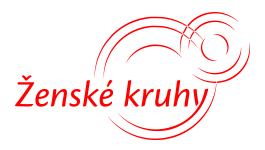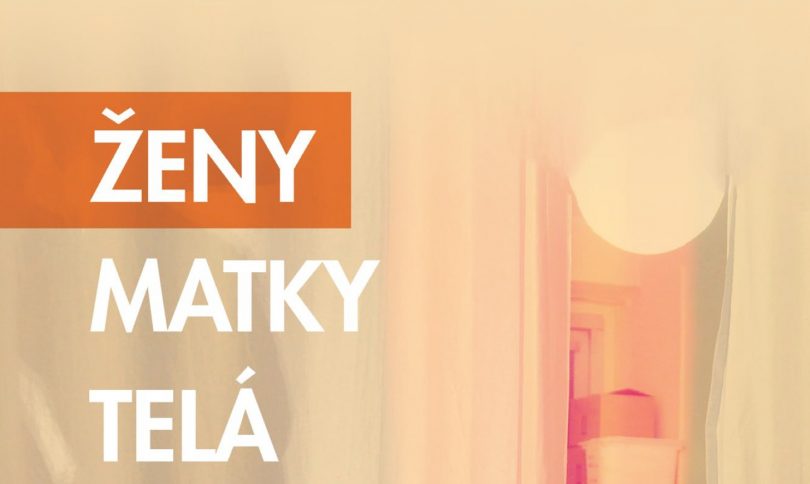Editor: Janka Debrecéniová
Authors: Kristína Babiaková, Janka Debrecéniová, Miroslava Hlinčíková, Zuzana Krišková, Martina Sekulová, Sylvia Šumšalová
Publisher: Občan, demokracia a zodpovednosť, Bratislava, April 2015
The publication is the first one to discuss obstetric care in the Slovak Republic from the perspective of women’s human rights. Besides filling the gap in knowledge of problems women face in relation to childbirth, it is also innovative in terms of research methodology. It summarises the results of more than two years of intensive efforts of our organisation in cooperation with NGO Women’s Circles that promote the human rights of women in Slovakia, which carried out a pilot study and monitoring. In collecting and processing the various data, an inter-disciplinary team of experts combined standard methods of social scientific research with methods used in human rights monitoring, one of them being the Free Access to Information Act mandating public authorities and maternity wards to provide information. Authors of the publication managed to offer many key perspectives currently missing in obstetric care in Slovakia, including both the authentic experiences of women, and a women’s human rights perspective, among others.
Nowadays, obstetric care in Slovakia is monopolised and institutionalised, being concentrated almost exclusively in healthcare facilities. This, combined with women being particularly vulnerable during pregnancy and birth, makes obstetric care a specific phenomenon demonstrating a power imbalance. The imbalance of power deserves critical and independent examination, as well as examination reflecting the dissonance between the authentic experience of women, and the as yet unchallenged authoritative views of medical science and practice representatives. One of ambitions of this publication is thus to bring closer attention to public policies, the presence (or absence) of which maintains and supports the status quo, and negatively affects women and their families.
The publication also opens up room for public discourse, which has similarly long lacked a human rights perspective on issues related to obstetric care. Notably, a professional debate grounded in particular research findings can in the future promote the equal, respectful, and effective cooperation of all parties involved, including those who are the primary subject of this care. Discussion and any subsequent cooperation on changing the way obstetric care is provided will be more effective the more it reflects human rights perspectives. Crucial to these perspectives is the recognition that women are bearers of rights, and they have the right to decide on matters that concern them. In contrast, healthcare providers, along with the state, are the primary holders of the obligations and responsibilities of fulfilling these rights. This, too, is a message of the present publication.
The publication consists of four chapters. An overview and summaries of individual chapters are available in English:
- Human rights at childbirth: basic international and national standards
- Internationally recognised medical guidelines on the provision of birth-related healthcare
- Birthing experience in a Slovak healthcare facility through the lens of women’s human rights
- Information provided by healthcare facilities in Slovakia before birth
Conclusions as well as 6 annexes are available in full extent in English, too:
- A research interview scenario with women
- Survey of Slovak maternity wards’ websites – items assessed
- Template of the woman’s letter to maternity wards regarding their birth wishes
- Template of the request for information submitted to maternity wards
- Request for information submitted to the Ministry of Health
- Response of the Ministry of Health to the request for information
You can download the full English summary HERE.


